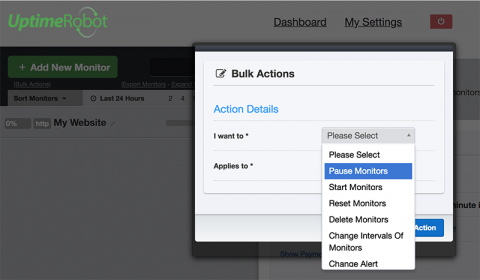Icinga 2.9.1 released
Icinga 2.9.0 provided many many bugfixes and one change has unfortunately been overseen. If you use an init system different to Systemd (e.g. Sysvinit) or the “-d/–daemonize” option in your containers, issue #6445 causes troubles. This is visible with logging, cluster connects, IDO database writing. Users reported problems on CentOS 6, SLES 11, Ubuntu 14, Debian 8, Gentoo (both with Sysvinit).











